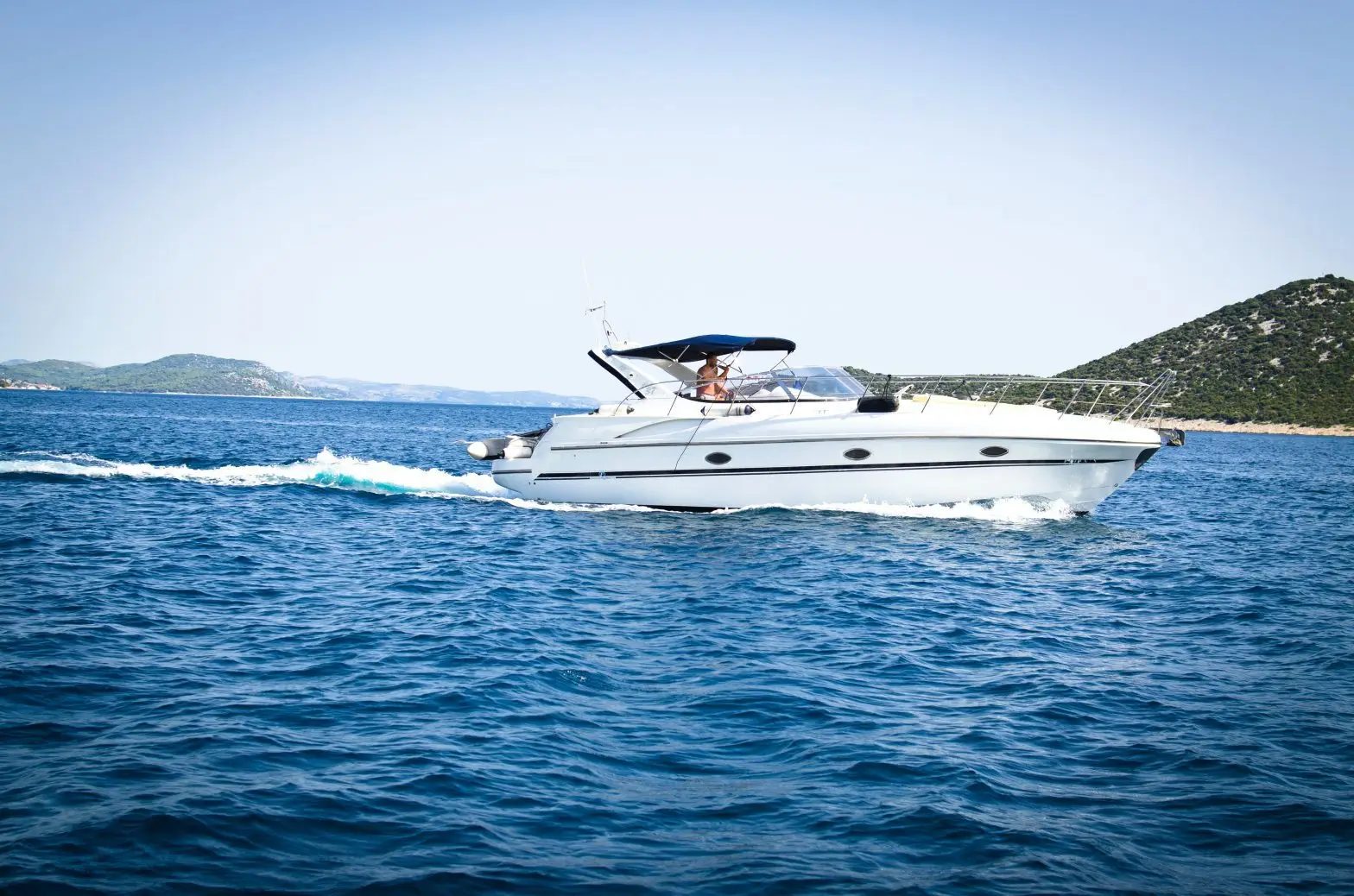Introduction:
The vast expanse of the world’s oceans conceals both beauty and potential dangers, making marine surveys an essential aspect of maritime safety and sustainability. In today’s digital age, advanced technology plays a pivotal role in enhancing the accuracy and efficiency of these surveys. In this blog, we will explore the significance of marine surveys and shed light on three key takeaways that underscore their importance, especially when integrated with cutting-edge technology.
- Comprehensive Risk Assessment:
One of the primary takeaways from marine surveys is the ability to conduct a comprehensive risk assessment of vessels and maritime structures. Utilizing state-of-the-art technology, such as sonar imaging, drone surveys, and advanced sensors, marine surveyors can thoroughly inspect every nook and cranny of a ship’s hull and underwater components. This level of scrutiny enables them to identify potential issues like hull damage, corrosion, or propeller inefficiencies. By addressing these problems proactively, shipowners can prevent catastrophic accidents at sea, such as hull breaches or machinery failures, ultimately safeguarding lives and protecting marine environments.
SEO Keywords: marine surveys, comprehensive risk assessment, vessel inspection, state-of-the-art technology, sonar imaging, drone surveys, advanced sensors, ship’s hull, underwater components, hull damage, corrosion, propeller inefficiencies, catastrophic accidents, machinery failures, safeguarding lives, protecting marine environments.
- Regulatory Compliance and Insurance Requirements:
Marine surveys also play a crucial role in ensuring regulatory compliance and meeting insurance requirements. Maritime authorities and insurance companies often mandate regular surveys to assess a vessel’s seaworthiness and adherence to safety standards. By leveraging cutting-edge technology, surveyors can provide accurate and detailed reports that satisfy these stringent demands. Compliance not only helps avoid hefty fines and legal troubles but also boosts a company’s reputation as a responsible player in the maritime industry. Moreover, insurance providers are more likely to offer competitive premiums to vessels that have undergone rigorous surveys, as the reduced risk of accidents and breakdowns lowers their financial liabilities.
SEO Keywords: regulatory compliance, insurance requirements, marine surveys, cutting-edge technology, seaworthiness, safety standards, accurate reports, stringent demands, hefty fines, legal troubles, maritime industry, competitive premiums, reduced risk, accidents, breakdowns, financial liabilities.
- Enhancing Operational Efficiency and Cost Savings:
The third key takeaway emphasizes how marine surveys, coupled with modern technology, lead to enhanced operational efficiency and significant cost savings. Regular surveys enable ship operators to identify and address minor issues before they escalate into major problems, leading to costly repairs and downtime. By detecting fuel inefficiencies, optimizing propulsion systems, and ensuring proper maintenance, marine surveys contribute to substantial fuel savings and increased overall operational efficiency. Additionally, identifying potential hazards in advance can prevent emergency situations that might require costly salvage operations or impact a company’s reputation and bottom line.
SEO Keywords: operational efficiency, cost savings, marine surveys, modern technology, minor issues, major problems, costly repairs, downtime, fuel inefficiencies, propulsion systems, proper maintenance, substantial fuel savings, emergency situations, salvage operations, company reputation, bottom line.
Conclusion:
In conclusion, marine surveys represent a vital aspect of maritime safety and sustainability, and leveraging today’s technology further enhances their significance. With comprehensive risk assessments, regulatory compliance, and operational efficiency, shipowners can ensure safer voyages, minimize environmental impacts, and maintain their competitive edge in the maritime industry. Investing in marine surveys not only protects lives and marine ecosystems but also promotes responsible and sustainable practices in the world of seafaring. So, if you are involved in maritime operations, don’t overlook the critical importance of marine surveys integrated with cutting-edge technology for smooth sailing on tour lakes, rivers and the open seas. Please visit: https://www.marinesurvey.org/ for more information

